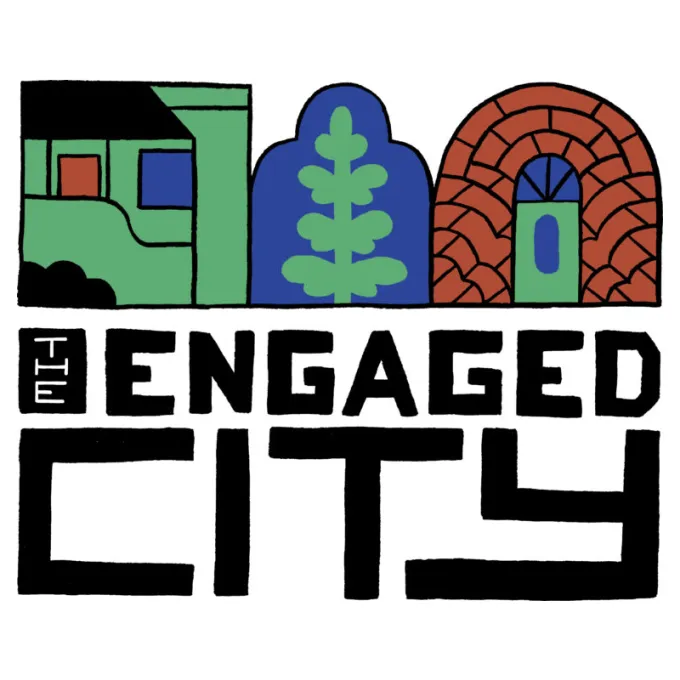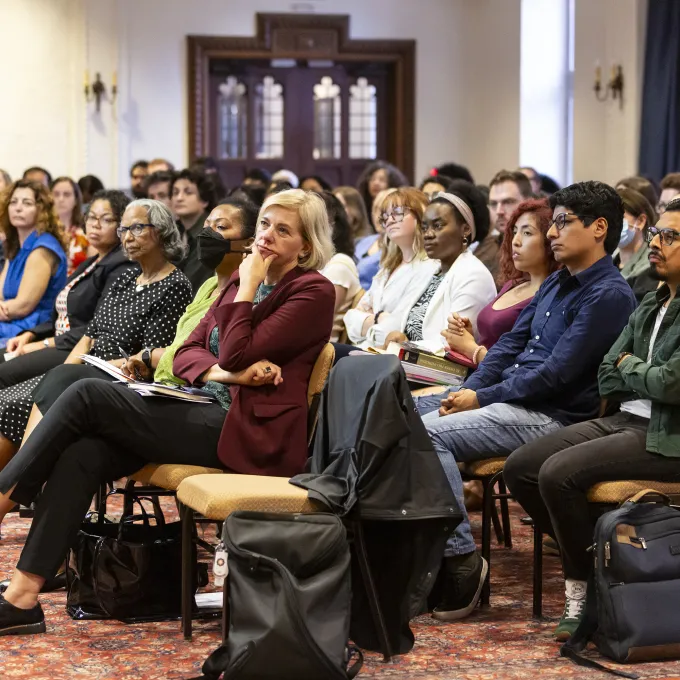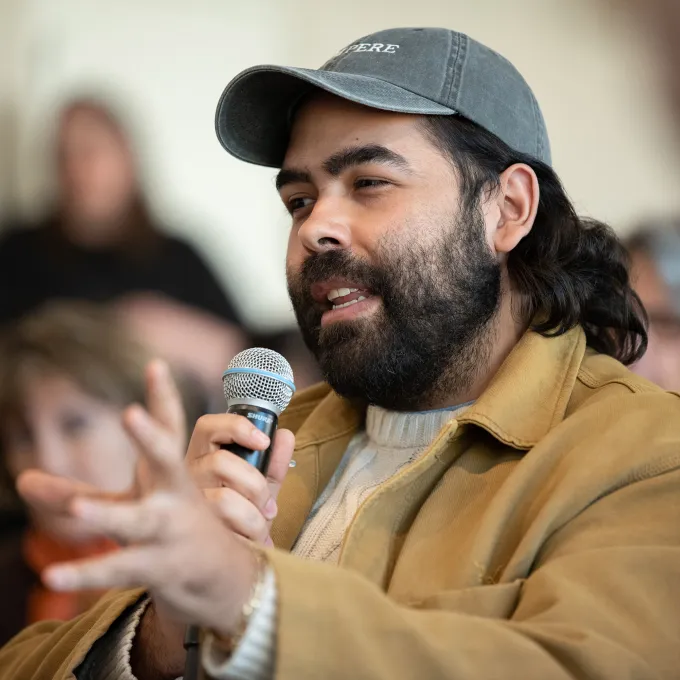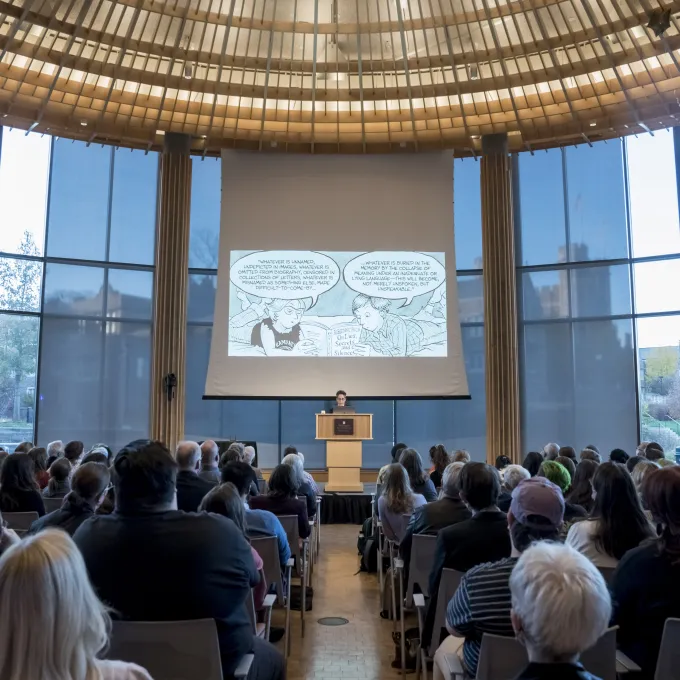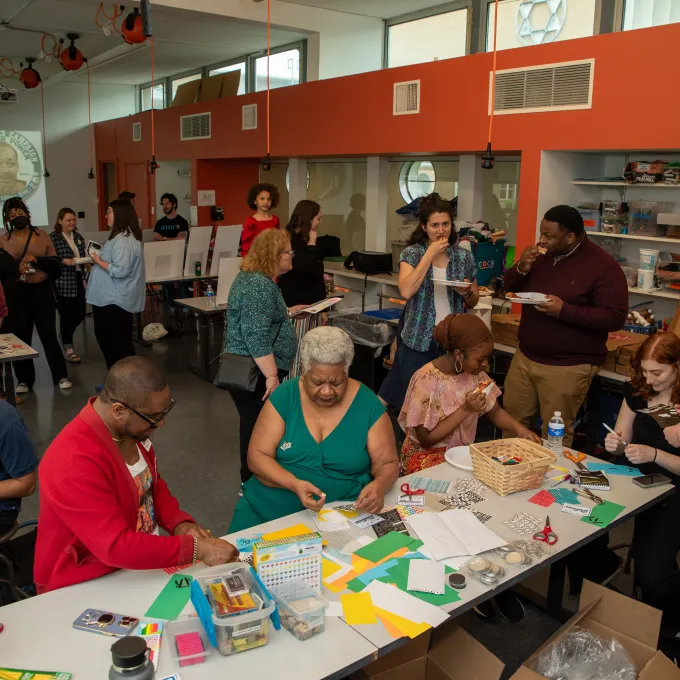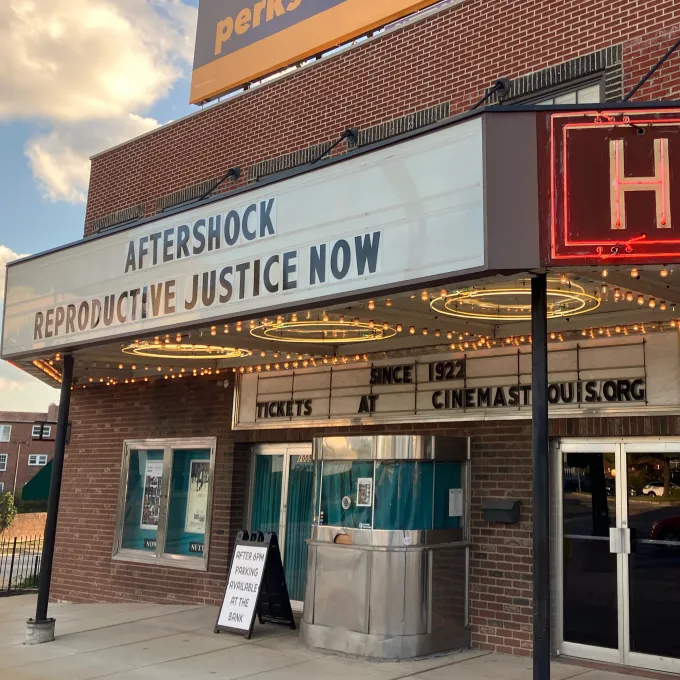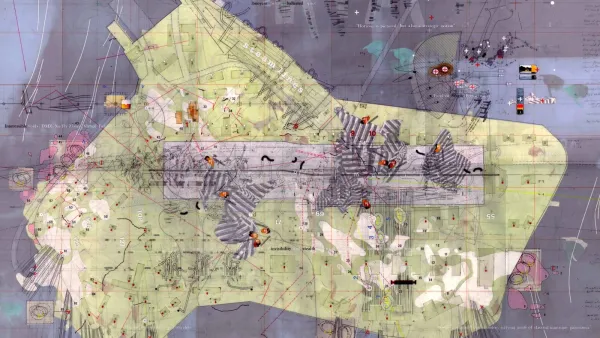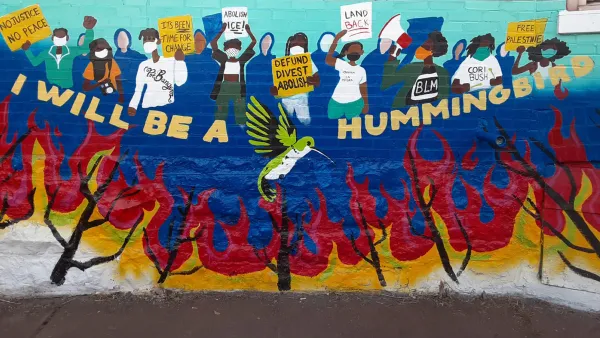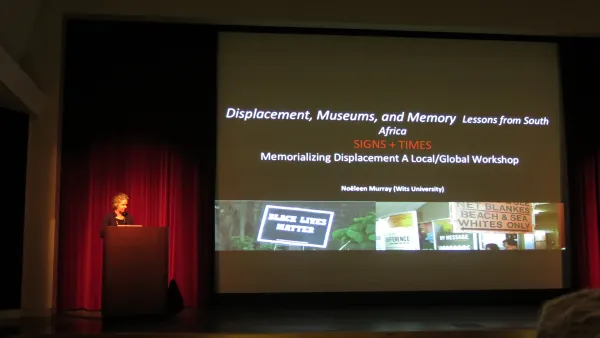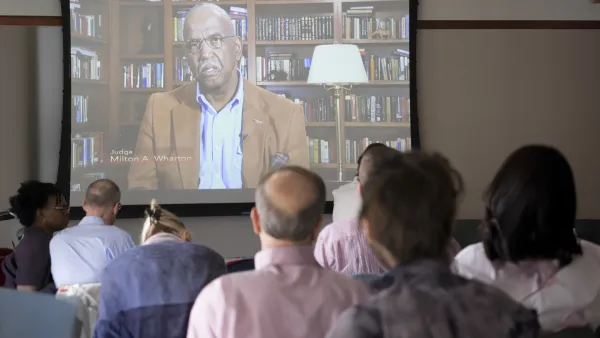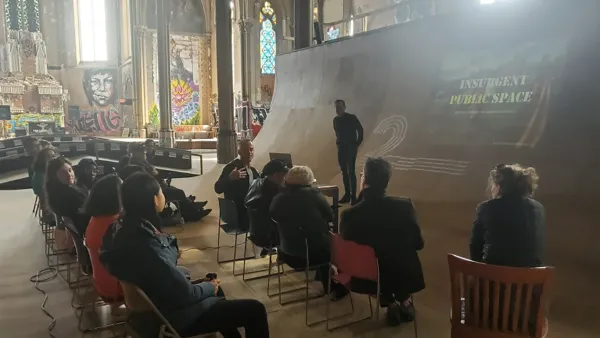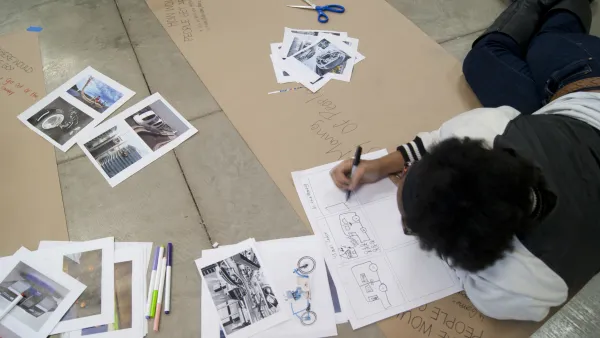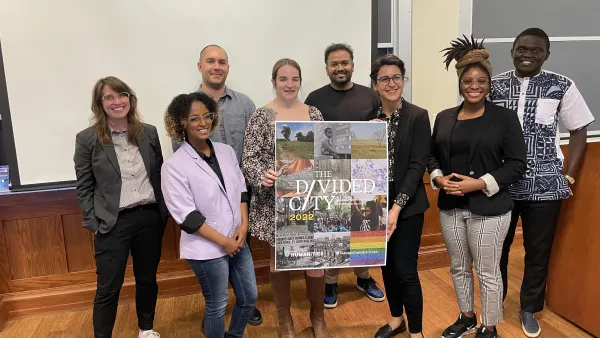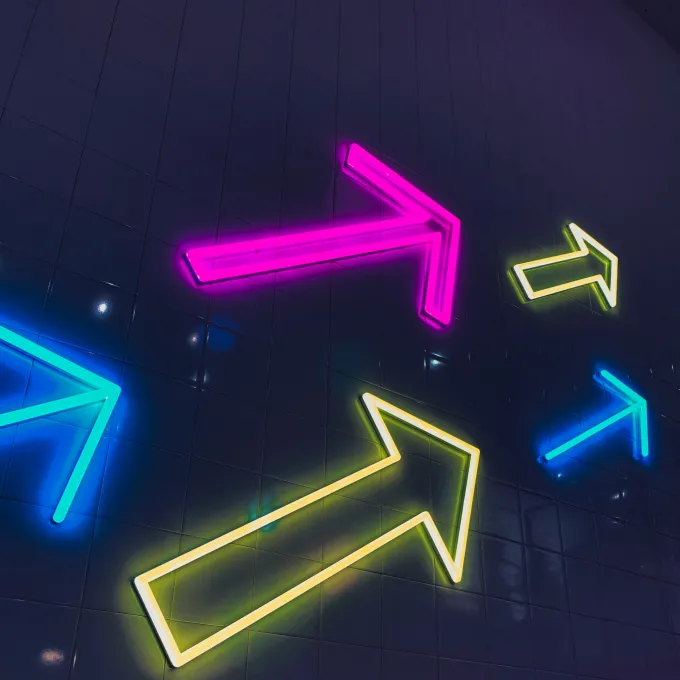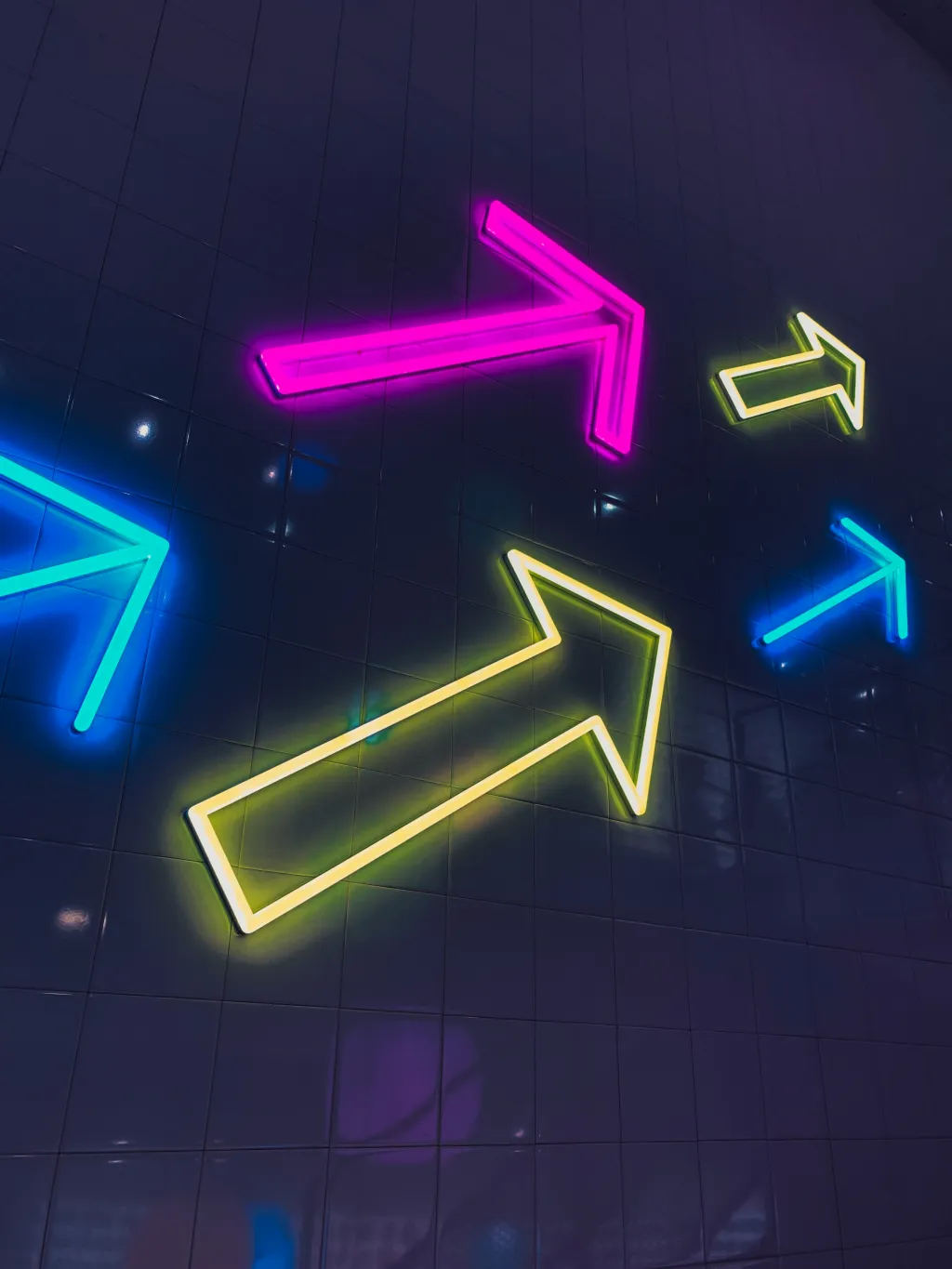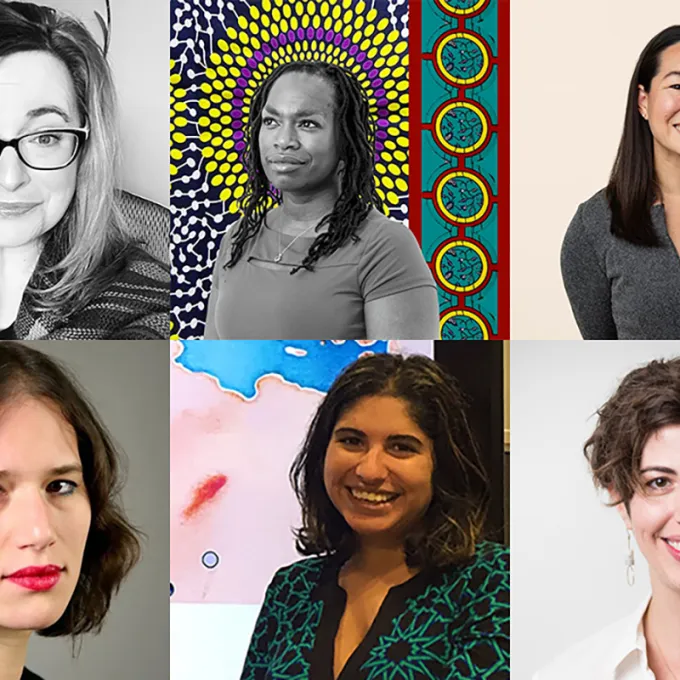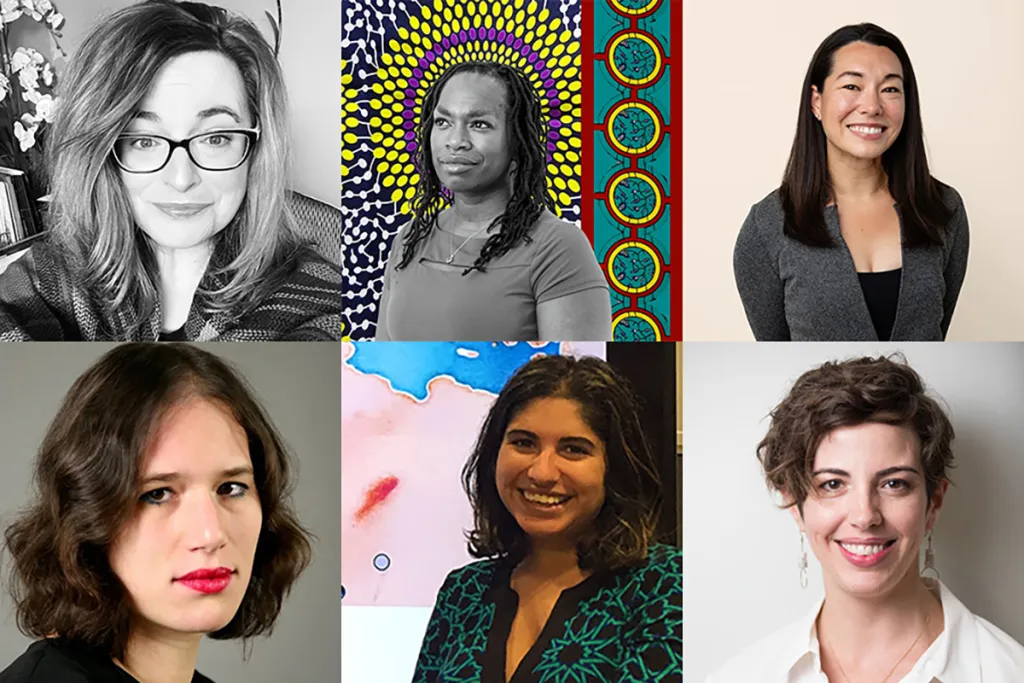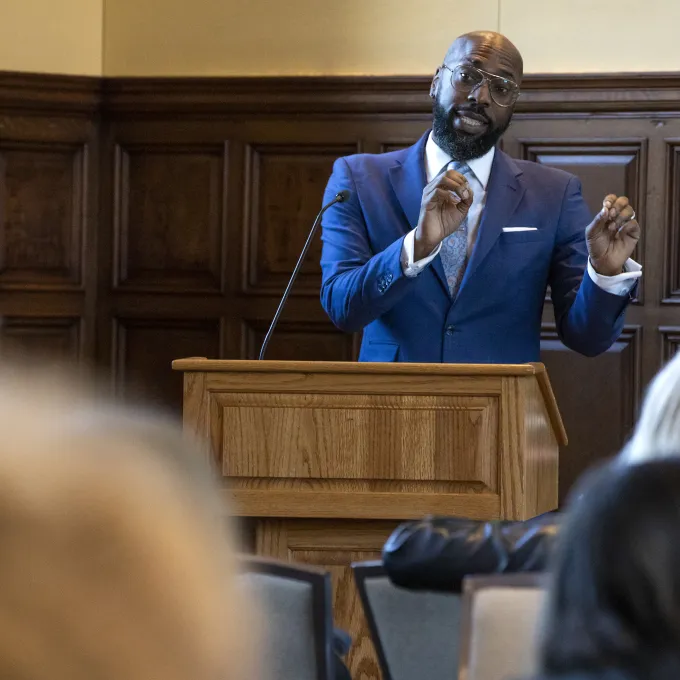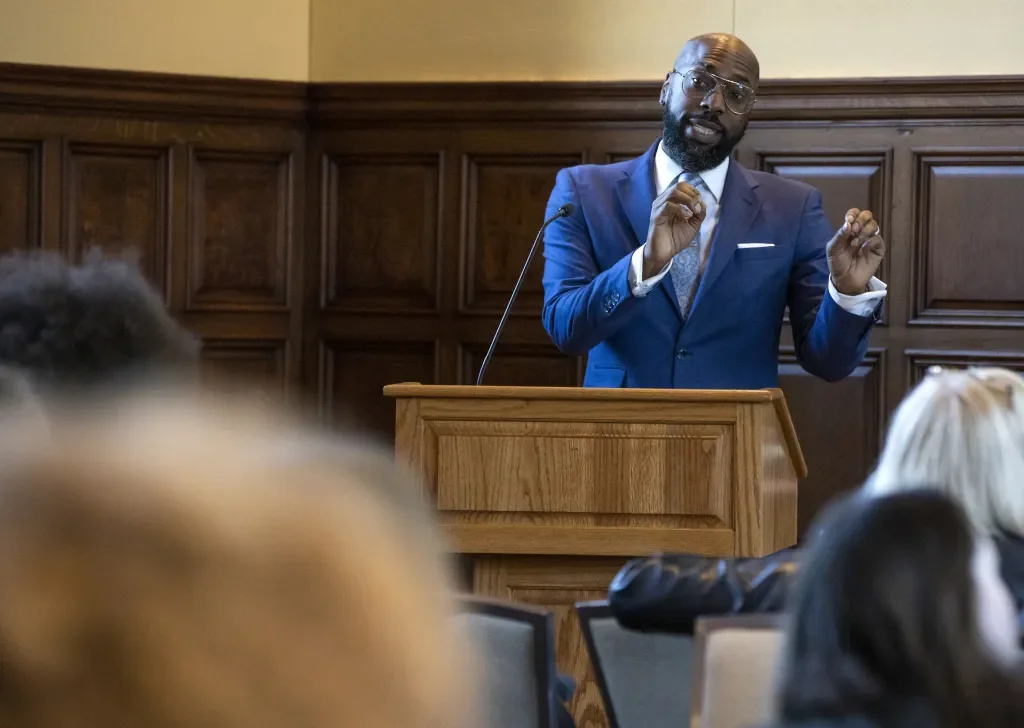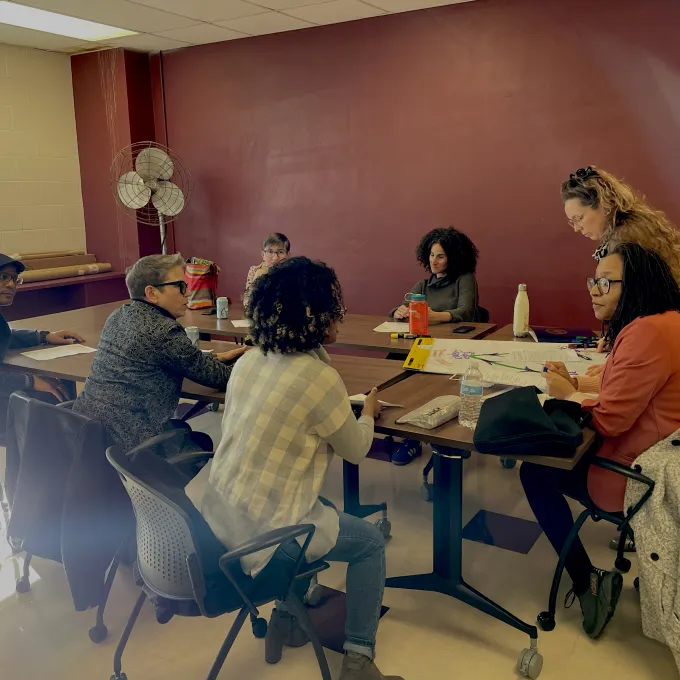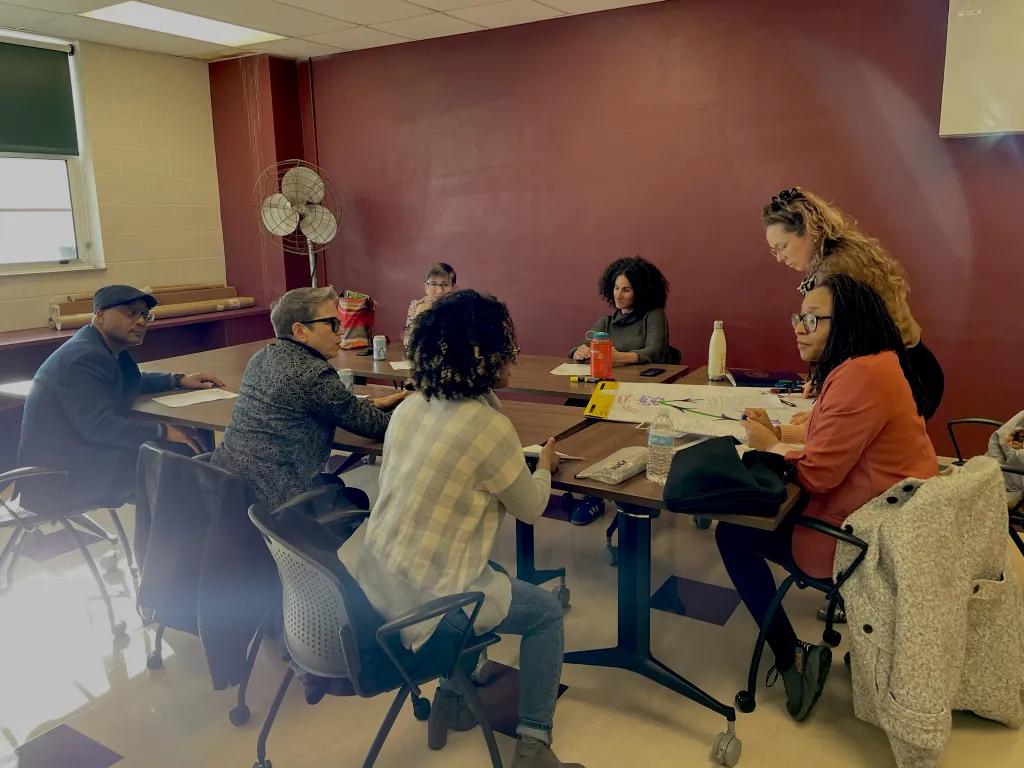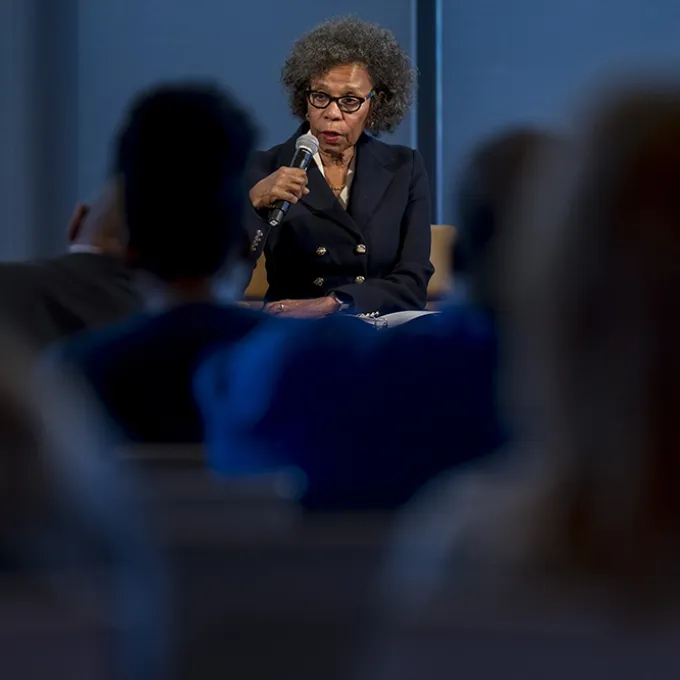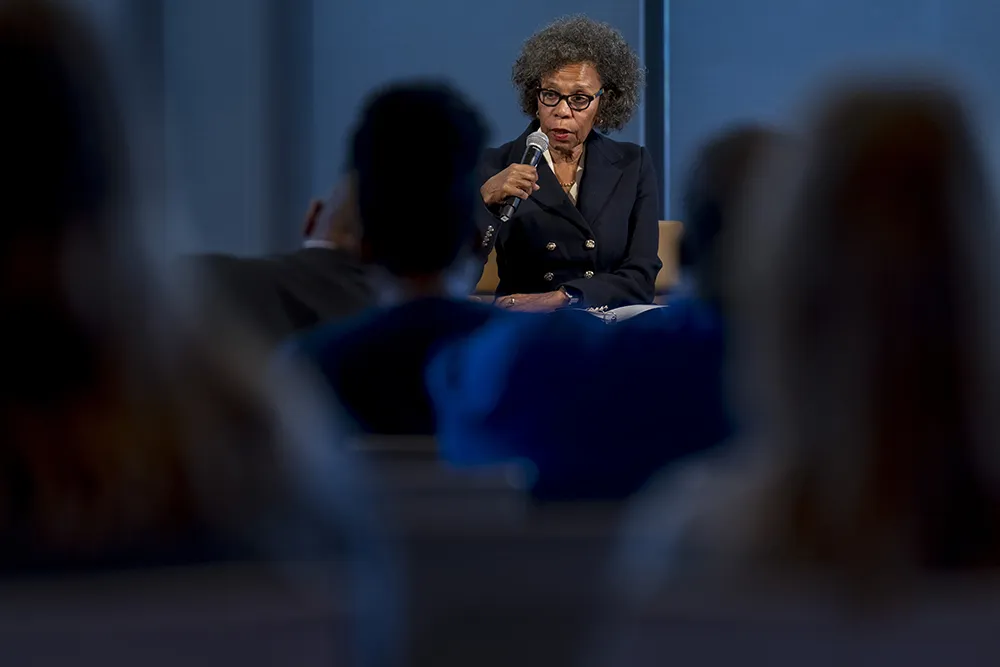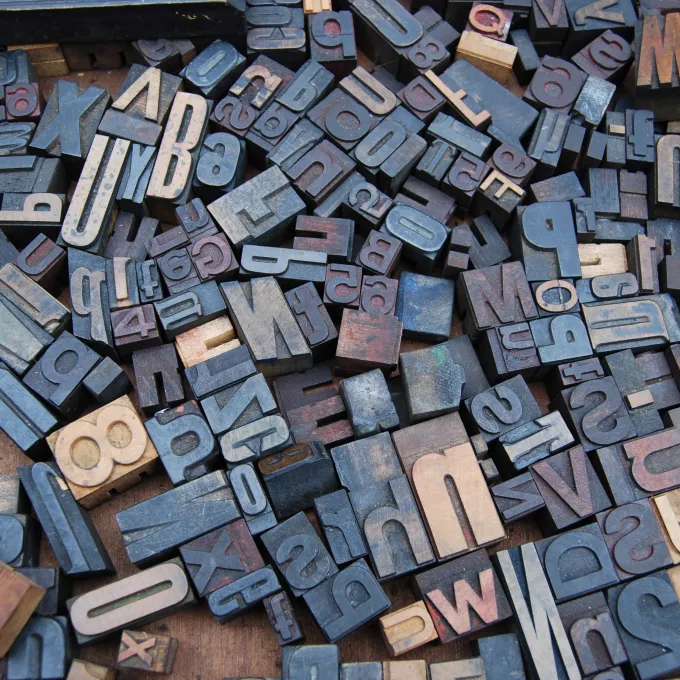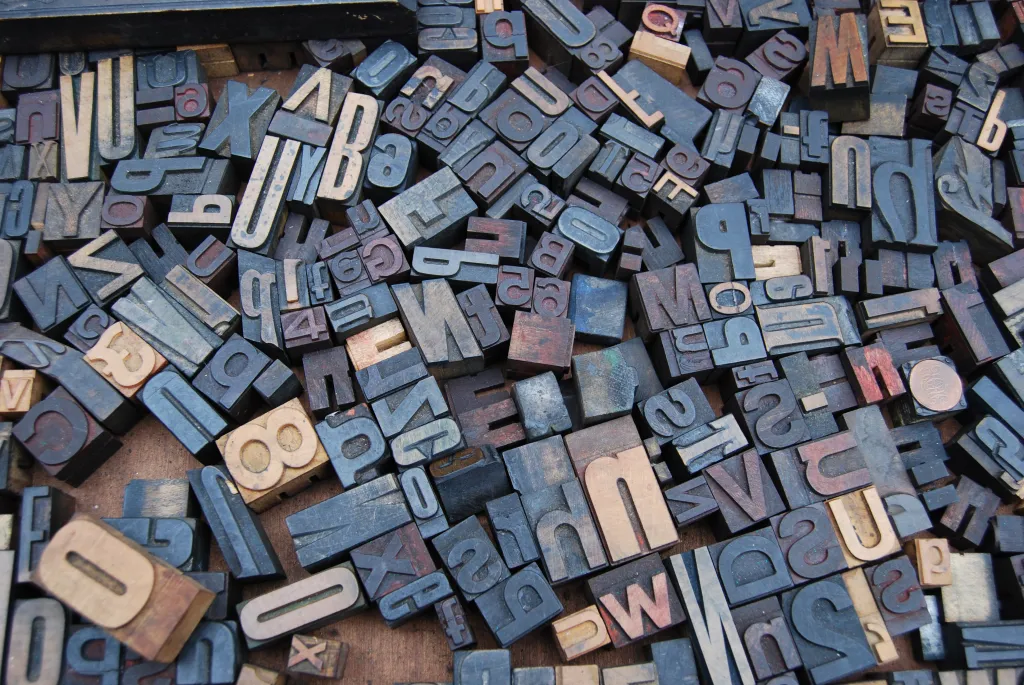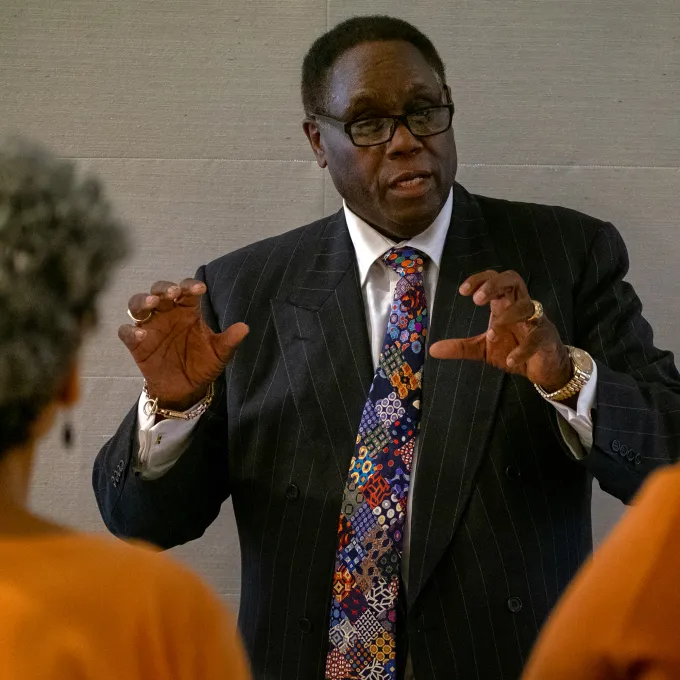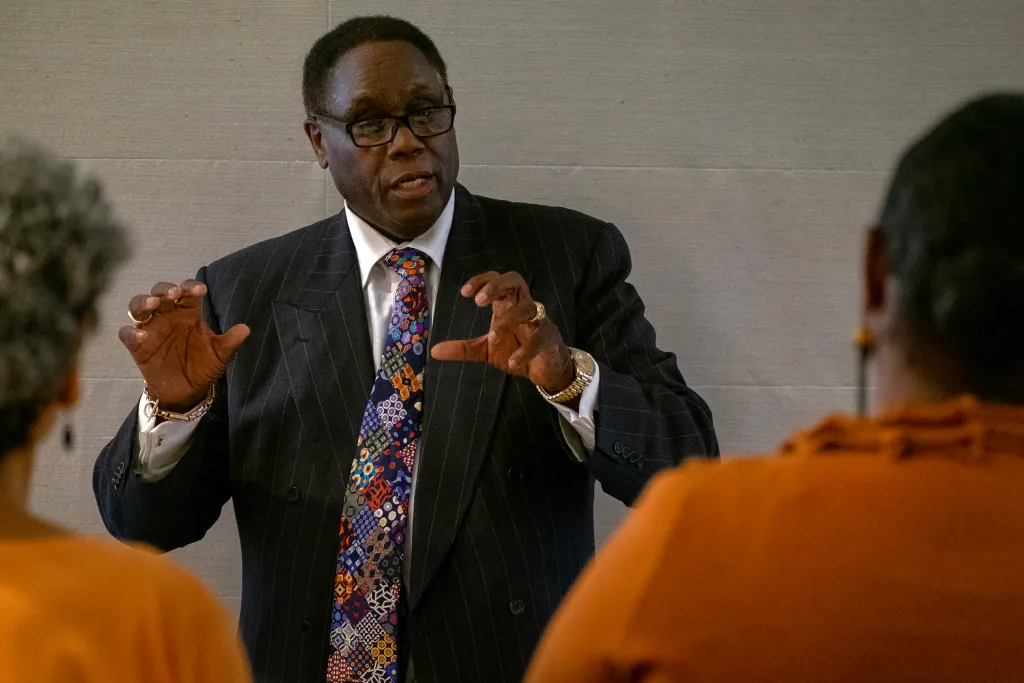Engaging with the public can take many forms for academics— including community-engaged projects, sharing research with public audiences and creating forums for public conversation about urgent topics. The Center for the Humanities’ approach to public humanities is to build mutually beneficial and lasting partnerships with public partners. This model recognizes that humanists have as much to gain from the relationships (for example, opportunities to build skills and to test how the humanities can contribute to the public good) as our partners do.
Below, we share a slice of the humanities center’s many initiatives since our founding in 2003. The center supports a range of projects in the public humanities, whether research and writing, long-term collaborations with community partners or public-facing events and programs. We seek to build projects that reflect the interest and needs of our broader humanities community, and we warmly welcome WashU faculty, staff and students as well as community members to reach out to us. If you are interested in learning more or getting involved, contact Laura Perry, assistant director for research and public engagement.
Sumner Studiolab & Internship
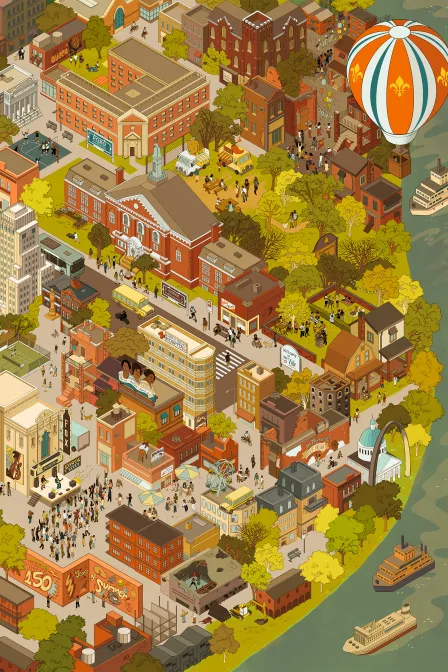
The Sumner Studiolab — a community hub and classroom space — brings together students from Sumner High School (the oldest high school established for African American students west of the Mississippi), WashU students and residents from the surrounding Ville neighborhood. Initially funded by Washington University’s Divided City initiative, itself supported by the Mellon Foundation, the project has been extended by additional funding from the Office of the Provost through its Here and Next initiative.
The cohort of Sumner High School interns is led by Crystal Payne, a PhD student in English and Lynne Cooper Harvey Fellow in American Culture Studies. Among their projects during the 2024–25 school year, this year’s six Sumner High School interns examined how art has been used to shape Sumner’s identity and to voice concerns, frustrations or love for the community. Together with a Sam Fox School graduate illustration student, interns produced a jigsaw puzzle that depicts their lives in St. Louis. Their work was informed by field trips to the Mildred Lane Kemper Art Museum, Griot Museum of Black History and Gateway Arch to discuss how history is encapsulated by everyday artwork and architecture.
